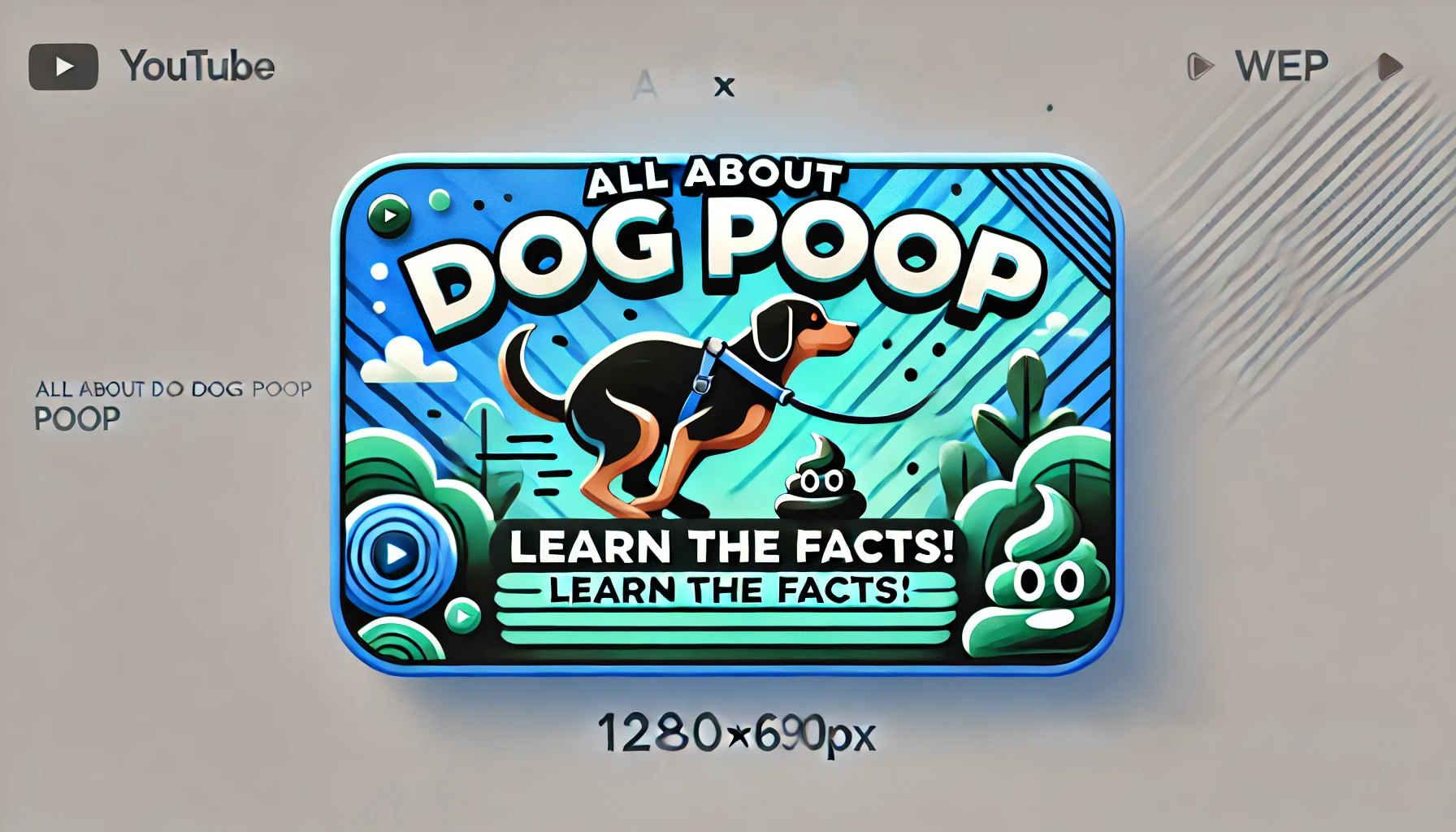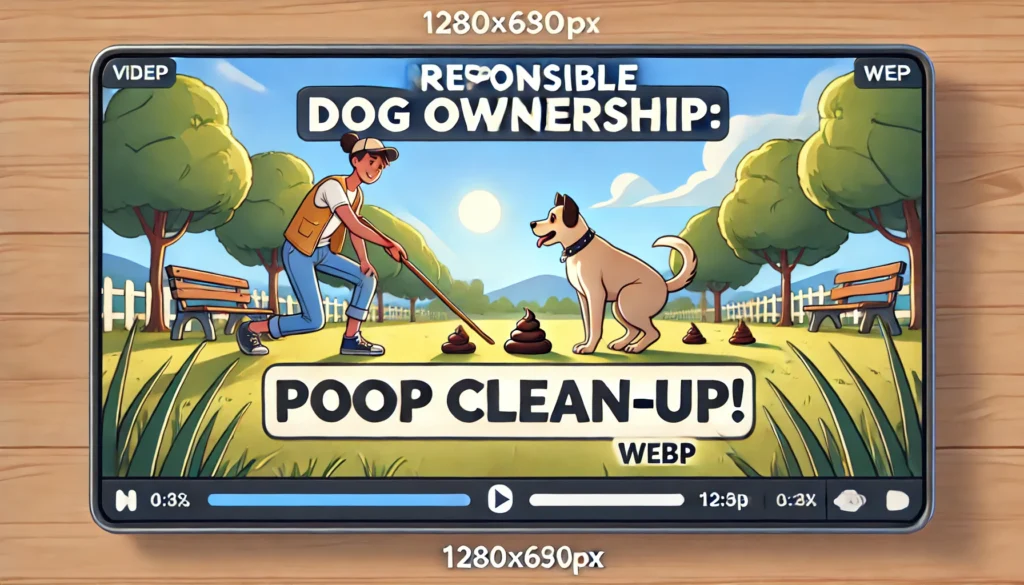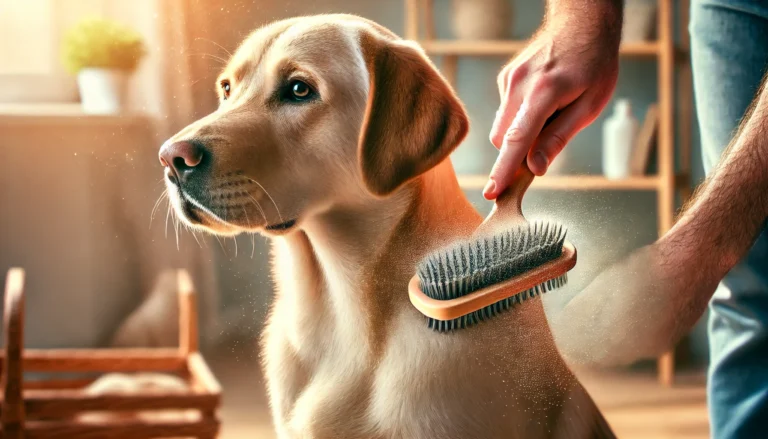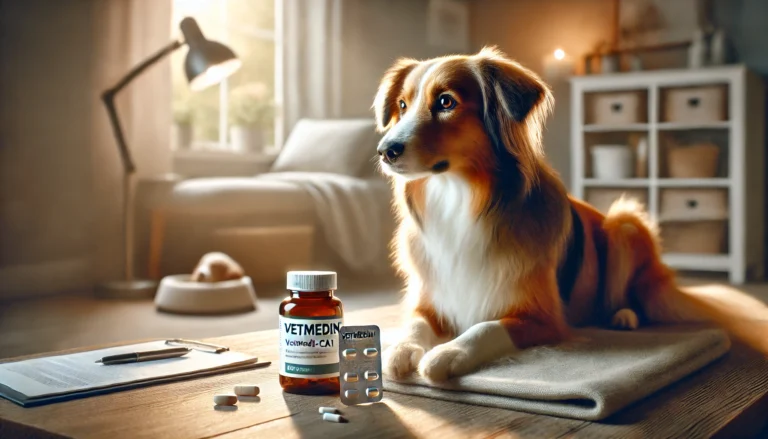How Often Should Dog Poop? A Comprehensive Guide

Dog poop is a topic that concerns every dog owner. Understanding how often your dog should poop is crucial for their health and your peace of mind. In this detailed guide, we’ll cover everything from normal bowel habits to potential issues, ensuring you’re equipped to care for your furry friend’s digestive needs.

Factors Affecting Dog Poop Frequency
Several factors influence how often dogs poop:
- Age and Size: Puppies and smaller breeds often have faster metabolisms, leading to more frequent bowel movements.
- Diet: The quality and type of food directly impact bowel habits. Diets high in fiber promote regularity.
- Health: Underlying health conditions, medications, and stress can affect digestion and bowel movements.
Normal Bowel Habits for Dogs
Frequency: Typically, healthy adult dogs poop 1-3 times a day. Puppies and elderly dogs may go more frequently due to their age or developmental stage.
Consistency: Stools should be well-formed, moist, and easy to pass. Changes in consistency can indicate health issues.
Signs of Healthy Bowel Movements
- Regular and predictable elimination patterns.
- Firm stools that are not excessively hard or loose.
- No signs of straining or discomfort during defecation.
Monitoring Your Dog’s Poop
Keep a Log: Note the frequency, consistency, and any changes in your dog’s poop. This helps in detecting issues early.
Routine Vet Checks: Regular visits allow your vet to assess overall health, including digestive function.
Common Dog Poop Issues and Solutions
- Diarrhea: Often caused by dietary changes, infections, or allergies. Adjusting diet and hydration can help resolve mild cases.
- Constipation: Insufficient fiber, dehydration, or medical conditions can lead to constipation. Increasing fiber intake and ensuring hydration usually helps.
- Changes in Bowel Habits: Sudden changes like increased frequency or blood in stools require veterinary attention.
Do You Know
While dogs can drink milk, whether they should is a decision that must be made based on each dog’s individual health, digestive ability, and nutritional needs.
Tips for Promoting Healthy Digestion
- Balanced Diet: Choose high-quality dog food with appropriate fiber content.
- Hydration: Ensure your dog has access to fresh water at all times.
- Exercise: Regular physical activity stimulates digestion.
- Stress Management: Minimize stressors that can affect digestive health.
Understanding Abnormalities in Dog Poop
- Color Changes: Red, black, or tarry stools can indicate bleeding or other issues.
- Odor: Unusually foul-smelling stools might indicate digestive problems or dietary issues.
- Consistency: Persistent diarrhea or consistently hard stools warrant veterinary attention.
Conclusion of Dog Poop
Understanding your Dog Poop habits is essential for monitoring their health. By observing their bowel movements, maintaining a balanced diet, and seeking veterinary advice for any concerns, you can ensure your dog enjoys optimal digestive health. Remember, consistency and regularity in poop habits are key indicators of your dog’s overall well-being.
FAQ About Dog Poop
How Often Should Dogs Poop?
Most healthy adult dogs poop once to three times per day. This can depend on factors like diet, age, and individual metabolism. Active dogs or those fed more frequently might poop more often, while dogs with slower metabolisms may go less frequently. Monitoring your dog’s daily habits helps establish what’s normal for them, so any sudden changes can be quickly addressed.
Why Is My Dog Pooping So Much?
If your dog is pooping more than usual, it could be due to dietary changes, increased food intake, or even the addition of new treats. Health conditions like gastrointestinal issues, parasites, or infections can also lead to more frequent bowel movements. Stress and anxiety may play a role as well, causing changes in their digestive habits. When in doubt, it’s best to consult your vet to rule out any underlying health concerns.
Is It Normal for Dogs to Poop Immediately After Eating?
Yes, it can be normal for some dogs to poop right after eating, especially due to the gastrocolic reflex, which stimulates the bowel when the stomach fills. This reflex is more common in younger dogs or those with sensitive stomachs. However, not all dogs will need to go right after a meal; others may digest food over a few hours before having a bowel movement.
How Long Can a Dog Go Without Pooping?
While each dog is different, most should not go longer than 48-72 hours without pooping. Anything beyond this can indicate constipation or another health issue, especially if your dog appears uncomfortable, is straining, or seems lethargic. If your dog hasn’t pooped in a few days, a vet visit may be necessary to determine the cause and provide relief.
How Regularly Should a Dog Poop?
Ideally, a dog should poop once to three times daily on a regular schedule. Regularity is a good indicator of digestive health, helping you monitor for any changes that might suggest an issue. A predictable poop schedule also makes it easier to plan bathroom breaks, ensuring your dog can relieve themselves comfortably.
How Often Should You Take Your Dog to Poop?
Dogs should be given a chance to poop at least 3-5 times a day. A good routine includes taking them out in the morning, possibly again around midday, and in the evening. Some dogs, particularly puppies and seniors, may require more frequent outings. Regular trips prevent discomfort and accidents, keeping your dog healthy and comfortable.
How Many Times a Week Should You Pick Up Dog Poop?
It’s best to pick up dog poop every time your dog goes, especially in public or shared spaces, to maintain hygiene and prevent the spread of parasites. Leftover poop can carry bacteria and parasites that harm other animals or humans, so frequent cleanup is a responsible habit to maintain.
Can a Dog Poop 3 Times a Day?
Yes, pooping up to three times a day is perfectly normal for many dogs. If the stools are well-formed and your dog is otherwise healthy and active, this frequency is nothing to worry about. How much and how often your dog poops often depends on their diet, physical activity, and overall metabolism.
How Do I Know if My Dog’s Poop Is Healthy?
Healthy dog poop is generally firm, segmented, and has a consistent brown color. The poop should be easy to pick up without being too hard or too soft. Changes in color, presence of mucus, worms, or blood, or an unusual odor could indicate a health issue. Observing these details provides a quick way to assess your dog’s overall digestive health.
Do Dogs Poop After Every Meal?
Not all dogs need to poop after every meal. Some dogs may have a bowel movement right after eating due to the gastrocolic reflex, while others may have only one or two bowel movements spread throughout the day. Each dog’s digestion schedule varies, so observing what’s typical for your dog is key.
Is It Cruel to Feed a Dog Once a Day?
Feeding a dog once a day can be acceptable for some dogs if the meal is nutritionally balanced and the dog’s health permits it. However, more frequent feedings are generally recommended for puppies, smaller breeds, and dogs with certain health conditions to maintain stable energy levels and digestion. Always consult with your vet if you’re considering a once-daily feeding routine to ensure it’s suitable for your dog.
How Do I Change My Dog’s Poop Schedule?
To change your dog’s poop schedule, start by gradually adjusting meal times and exercise routines to encourage pooping at a more convenient time. Consistency is key—stick to the new routine and be patient as your dog’s digestive system adapts. Giving meals at set times and taking them for walks shortly after can help regulate their bowel movements.
How Long Can a Dog Hold Poop?
Most adult dogs can hold their poop for 8-10 hours, though puppies and older dogs may need to go more frequently. While they can hold it for long periods, it’s not ideal and may lead to discomfort or even health issues. Regular breaks throughout the day are important, especially for puppies, older dogs, or those with health conditions that make holding it challenging.






